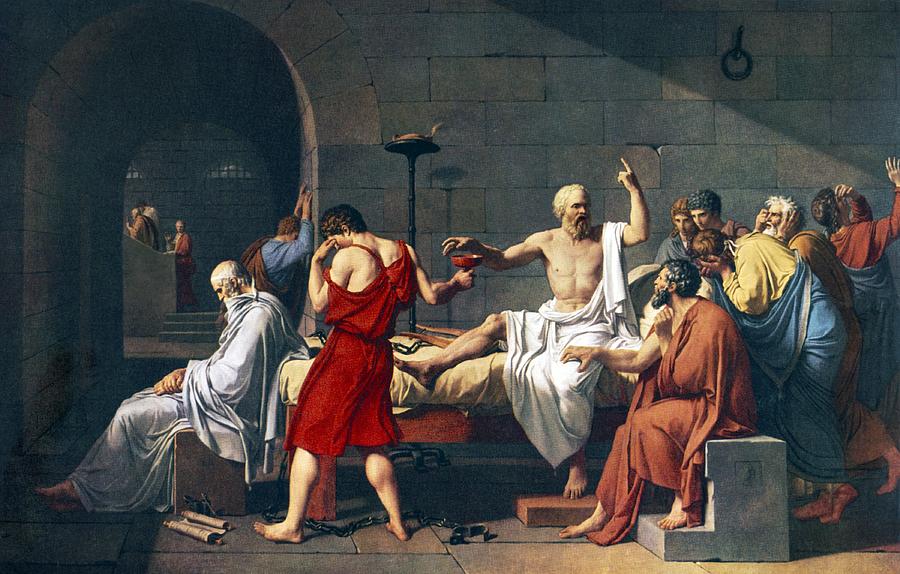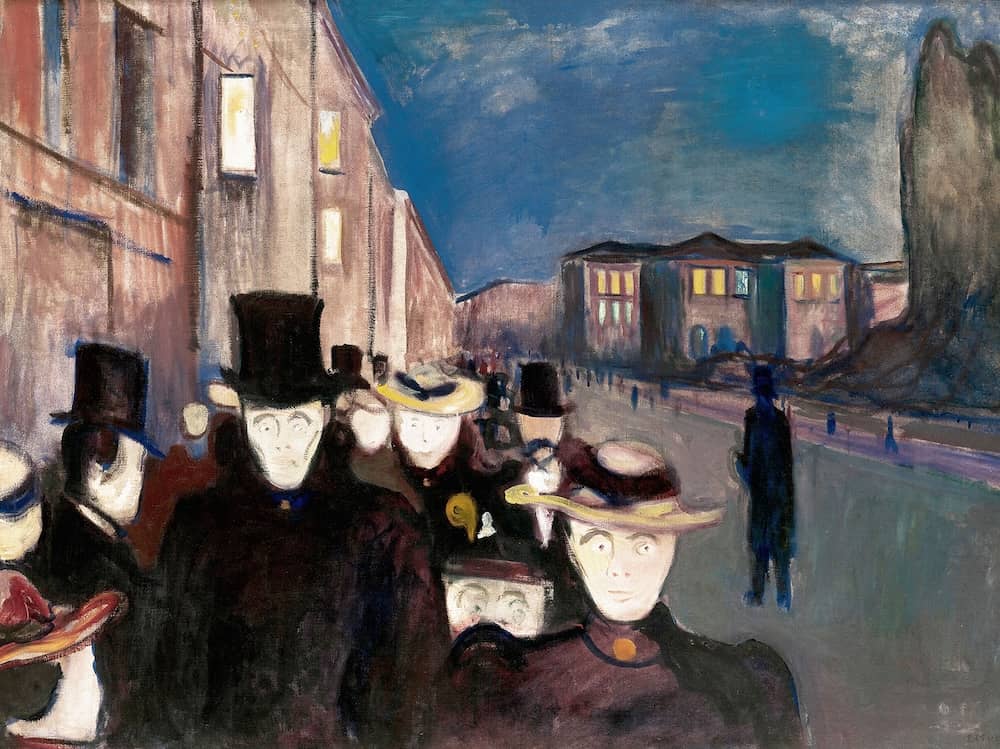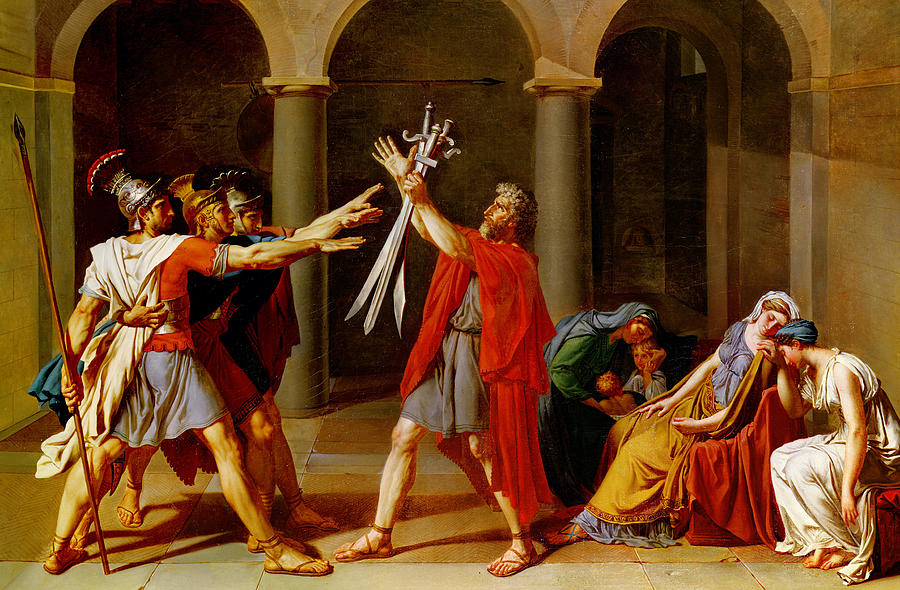Julius Caesar: Consul 4 times
(consul=Rome's highest office)
Pompey - 3x
Sulla - 2x
Gaius Marius: SEVEN times
(Record holder for the Roman Republic)
Marius, "Third Founder of Rome," was Caesar's uncle.
Here is the most important speech of his career and how he nailed it:
(consul=Rome's highest office)
Pompey - 3x
Sulla - 2x
Gaius Marius: SEVEN times
(Record holder for the Roman Republic)
Marius, "Third Founder of Rome," was Caesar's uncle.
Here is the most important speech of his career and how he nailed it:

Setup 1/5
Before he conquered the Cimbri or started the Roman Civil War,
Gaius Marius was an obscure provincial
BUT, at age 50, the PEOPLE elected him consul (his first time)
(Marius: first "new man" in >30 years)
...In anger at the ESTABLISHMENT elites of Rome
Marius:
Before he conquered the Cimbri or started the Roman Civil War,
Gaius Marius was an obscure provincial
BUT, at age 50, the PEOPLE elected him consul (his first time)
(Marius: first "new man" in >30 years)
...In anger at the ESTABLISHMENT elites of Rome
Marius:

2/5
Anti-Establishment Anger? Why?
-Senators getting rich on bribes and contracts from foreign rulers
-Wealth inequality skyrocketing
-Rome losing in winnable wars due to military incompetence
-Elites avoiding army service
-Prefer lavish parties (~"squid ink pasta")
Anti-Establishment Anger? Why?
-Senators getting rich on bribes and contracts from foreign rulers
-Wealth inequality skyrocketing
-Rome losing in winnable wars due to military incompetence
-Elites avoiding army service
-Prefer lavish parties (~"squid ink pasta")

3/5
Marius gets elected w/ promise:
"I will win the [YEARS LONG] war against Jugurtha. Fast."
Then, his populist friends ("tribunes") call a plebiscite to appoint Marius as General
(plebiscite = mass vote)
The Senate protests! "That's our job!"
The people overrule them.
Marius gets elected w/ promise:
"I will win the [YEARS LONG] war against Jugurtha. Fast."
Then, his populist friends ("tribunes") call a plebiscite to appoint Marius as General
(plebiscite = mass vote)
The Senate protests! "That's our job!"
The people overrule them.

4/5
Senate backs down.
They say, "Fine. But you have to recruit your own soldiers."
They are thinking:
HA! Drafting soldiers will make Marius UNPOPULAR.
Army recruitment has been hard: Rome exhausted, morale low.
Senate backs down.
They say, "Fine. But you have to recruit your own soldiers."
They are thinking:
HA! Drafting soldiers will make Marius UNPOPULAR.
Army recruitment has been hard: Rome exhausted, morale low.
Setup 5/5
Marius says, "Recruit my own troops? No problem."
He calls the Populus to an assembly (a "contio")
Gives THIS SPEECH, to ask men to fight for him.
He has made a big bet.
If he fails, his career is over.
If he succeeds, he leads them to fight Jugurtha in Numidia.
Marius says, "Recruit my own troops? No problem."
He calls the Populus to an assembly (a "contio")
Gives THIS SPEECH, to ask men to fight for him.
He has made a big bet.
If he fails, his career is over.
If he succeeds, he leads them to fight Jugurtha in Numidia.

1). Set up the groups: Me, You, Them.
Limit it to 3 = keep it simple.
Marius' main goal in the speech: to convert "You" and "Me" into "Us"
He does this gradually.
Limit it to 3 = keep it simple.
Marius' main goal in the speech: to convert "You" and "Me" into "Us"
He does this gradually.

2). Portray yourself in simple contrast to others
A Strategy focused on ethos (character): the MOST persuasive tool.
The message below, for example:
Others (Establishment) can afford to lose.
GAIUS MARIUS has everything on the line,
(therefore has higher motivation to win)
A Strategy focused on ethos (character): the MOST persuasive tool.
The message below, for example:
Others (Establishment) can afford to lose.
GAIUS MARIUS has everything on the line,
(therefore has higher motivation to win)

3). Establish Competence
Marius does this early and often in his speech.
You should too.
Competence (Greek, aretē) is a key ingredient of ethos, according to Aristotle.
Contrast is a great tactic here, too. twitter.com/i/web/status/1…
Marius does this early and often in his speech.
You should too.
Competence (Greek, aretē) is a key ingredient of ethos, according to Aristotle.
Contrast is a great tactic here, too. twitter.com/i/web/status/1…

4). When you at attack the "other guys," make sure it seems like you are actually just defending yourself.
Marius' whole speech is structured as a self-defense ("apologia").
However, the conclusion will not be "I am innocent"
but "Join me"
Marius' whole speech is structured as a self-defense ("apologia").
However, the conclusion will not be "I am innocent"
but "Join me"

5). Build bridges with your audience
Cicero's advice: find "Connected Terms" ("coniuncta")
--> Converts You & I to "we"
e.g. Greek Learning:
The Nobles, with all their Greek learning, are more like the Greeks
(Who we conquered)
You and I lack Greek. We are the true Romans.
Cicero's advice: find "Connected Terms" ("coniuncta")
--> Converts You & I to "we"
e.g. Greek Learning:
The Nobles, with all their Greek learning, are more like the Greeks
(Who we conquered)
You and I lack Greek. We are the true Romans.

6). Cement that bridge with a narrative
Pick a story that appeals to deeply held beliefs and identities:
"I am a fighter, and I lead by example. I am like your ancestors who conquered. Don't be like the nobles who laugh at you. Be like your ancestors."
Pick a story that appeals to deeply held beliefs and identities:
"I am a fighter, and I lead by example. I am like your ancestors who conquered. Don't be like the nobles who laugh at you. Be like your ancestors."

7). Build contempt for the sort of people who refuse what you are about to request:
Elevate your audience's status by comparison
(IF they join you)
= "You're better than those nobles. You're going to prove it by your actions."
Elevate your audience's status by comparison
(IF they join you)
= "You're better than those nobles. You're going to prove it by your actions."

8) Spend a few words at the end delivering the actual proposal.
The army needs your help, it will be pretty easy to win. It's worth the risk.
(seems like an afterthought)
Message:
"You aren't the sort of people who need convincing"
(actually, the persuasion is already done)
The army needs your help, it will be pretty easy to win. It's worth the risk.
(seems like an afterthought)
Message:
"You aren't the sort of people who need convincing"
(actually, the persuasion is already done)

Result:
Thousands sign up to Make Rome Great Again
Especially from among the poor.
Here is a painting of the victory procession (triumph)
Marius leads Jugurtha in chains:
By Tiepolo, in the Met in NYC:
Thousands sign up to Make Rome Great Again
Especially from among the poor.
Here is a painting of the victory procession (triumph)
Marius leads Jugurtha in chains:
By Tiepolo, in the Met in NYC:

Summary:
1) Groups
2) Contrast
3) Competence
4) Attack by defending
5) Bridges (Connected terms)
6) Cement with Narrative
7) Contempt/laughter for those who "don't"
8) Deliver proposal
Steps YOU can use when you want to persuade people to join
Gaius Marius Style.
1) Groups
2) Contrast
3) Competence
4) Attack by defending
5) Bridges (Connected terms)
6) Cement with Narrative
7) Contempt/laughter for those who "don't"
8) Deliver proposal
Steps YOU can use when you want to persuade people to join
Gaius Marius Style.

If you enjoyed this, Retweet the first in thread!
Follow for more.
Follow for more.
ALSO:
Cost of Glory is running a men's retreat
in ROME
Had a last minute cancellation, so a slot has opened up.
Focus is on SPEAKING well, like the great Romans.
DM if interested.
July 16-23
Details at ancientlifecoach.com/retreat
Cost of Glory is running a men's retreat
in ROME
Had a last minute cancellation, so a slot has opened up.
Focus is on SPEAKING well, like the great Romans.
DM if interested.
July 16-23
Details at ancientlifecoach.com/retreat

• • •
Missing some Tweet in this thread? You can try to
force a refresh





















